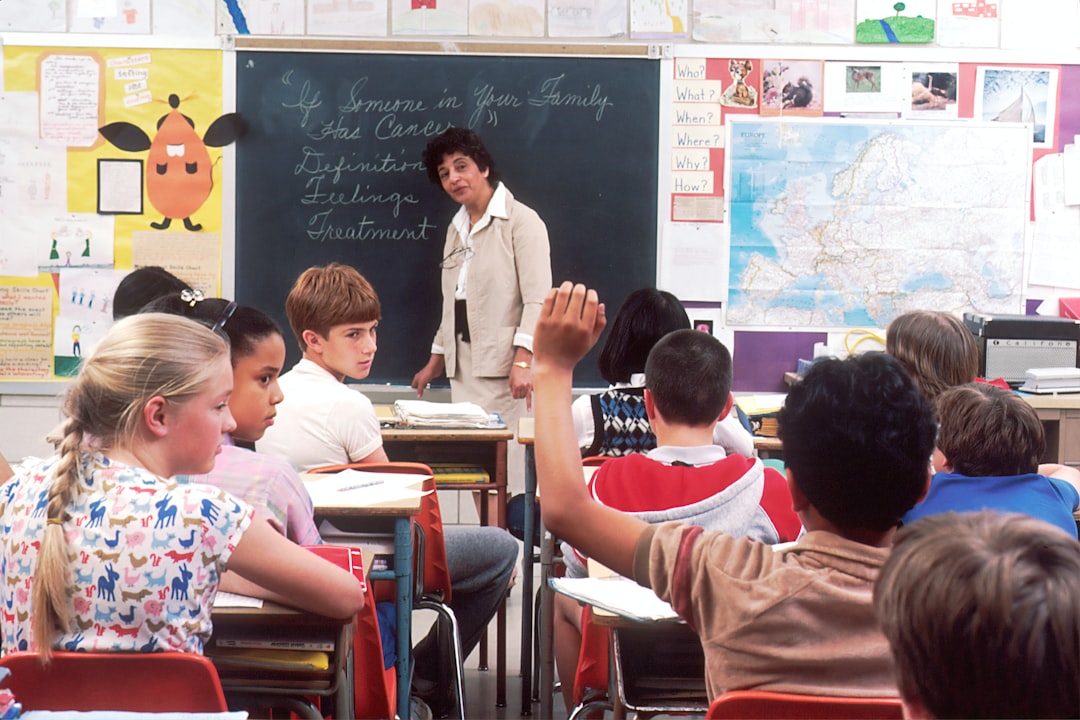What is it about?
How are cooperating teachers, who mentor and supervise student teachers, compensated for their efforts? Not well and there has been little change in monetary amounts and other supports offered since reported on in 1957.
Featured Image
Why is it important?
Cooperating teachers are charged with helping future teachers develop their skills and professional capacity during what is considered to be the most important part of preservice preparation: student teaching. Cooperating teachers are not well compensated for this work, recognized for their vital contributions, or prepared in ways that can help them to better educational practice at large. Serious consideration needs to be given to how Cooperating Teachers are prepared for this role and the ways that teacher education programs can better support their efforts.
Perspectives
Teacher education programs need to do more to ensure that the preparation of future teachers is completed in meaningful and ethical ways. I'm not certain how fair it is to send a student teacher to be supervised by a cooperating teacher who is neither trained nor paid to do this work, while the teacher education program collects student tuition dollars. In our review for this publication, it was clear that most teachers agree to take on this role out of a commitment to the profession and a desire to give back for their own training. These teachers, typically, are not doing this for monetary compensation, but they are expecting to learn from this experience. This seems to be a missed opportunity for sound professional development that teacher education programs can and should offer.
Professor Helenrose Fives
Montclair State University
Read the Original
This page is a summary of: Cooperating Teacher Compensation and Benefits, Journal of Teacher Education, January 2016, SAGE Publications,
DOI: 10.1177/0022487115626428.
You can read the full text:
Contributors
The following have contributed to this page










